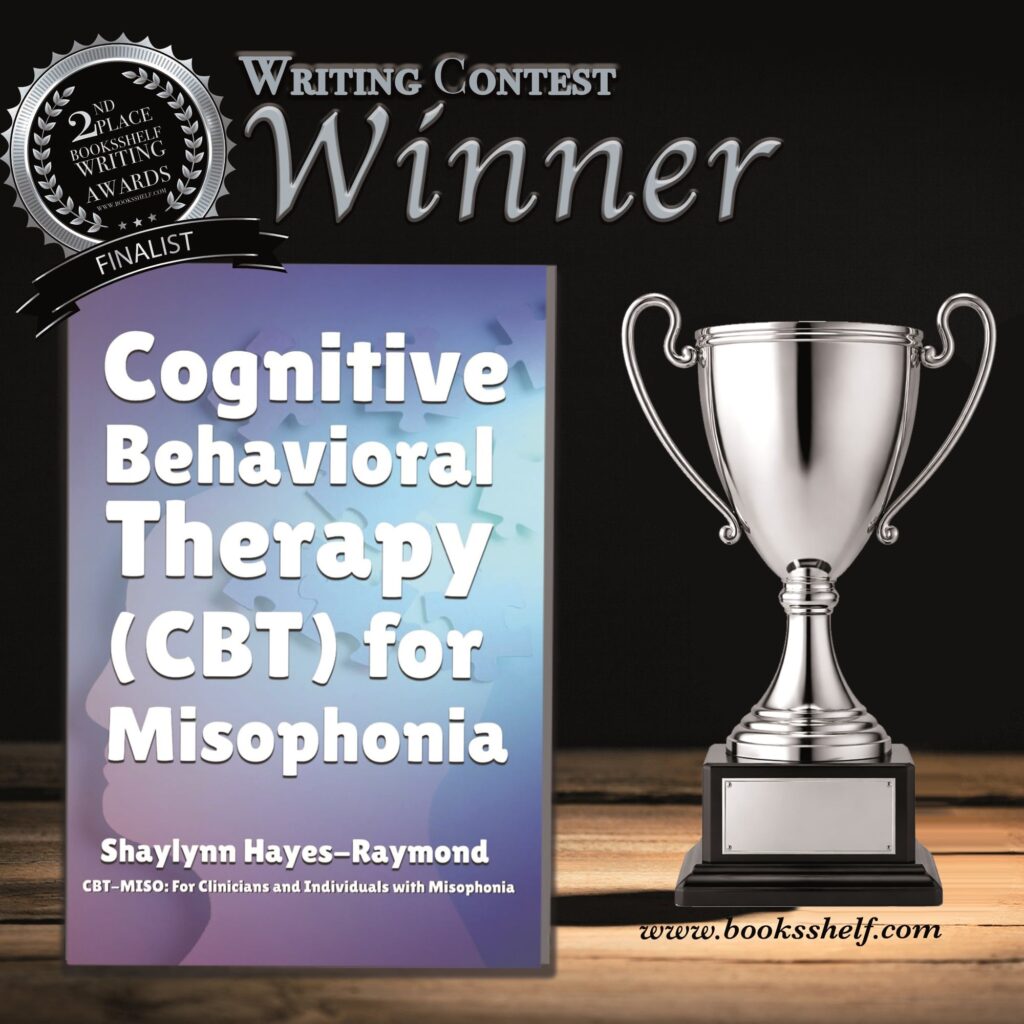
This is a hot-button topic that I have seen on support forums, as well as through comments and questions on Misophonia International. Now, I wish I could give you a magic wand, wave it, and then have your parents believe that you have the disorder. Unfortunately, this doesn’t exist… we’re working on it (kidding).
Now, let me tell you – there was a time – a few years ago, when my parents didn’t believe I had misophonia. My mother was quick to change her ways, and accept my disorder when she realized it truly was something that was more than just an annoyance. My father took a bit longer, and there are still days were we trifle. For the most part though, he’s on board too.
In my book, [amazon_textlink asin=’1517018706|1517018706|B014ED2GMI’ text=’Full of Sound and Fury: Suffering With Misophonia’ template=’ProductLink’ store=’misophoniaint-20|misophoniai0b-20|misophoniaint-21′ marketplace=’CA|US|UK’ link_id=’1f12b94f-1c67-11e8-ab01-67584b6f16cd’], I discuss in length having ‘the conversation’ about misophonia, and I realize that family, friends, and coworkers all have different requirements. This conversation might be uncomfortable at first, but it’s certainly worth it.
Try not to get angry with them
In general, most parents want the best for their children. It can be difficult for parents to accept that there is something “wrong” with their child. It can take time to realize that their child is not making this up, and that they have a disorder. Often, parents might be reacting negatively because they are afriad what it might mean if it’s true that their child has an unknown condition.
Use resources to explain your condition
This guide for parents can help you to explain misophonia. Alongside our other resources and materials, it’s our hope that your parents will come to terms with their child’s affliction. For younger children/teens/preteens, there is the website www.misophoniakids.com.
If at first they don’t believe, keep trying!
This also falls under ‘don’t get angry’. Sometimes changing perspectives takes time, and getting into an argument is not the right way to convince somebody that you’re in pain. I know this can be frustrating, but unfortunately it might take patience and perseverance to explain to a parent that misophonia is a real condition.
Dr. Jennifer Jo Brout perfectly explains in her Psych Today article how mothers might be deemed crazy for saying their children have misophonia:
While it can be difficult to refrain from the natural urge to make everyone you know understand Misophonia, think of it more as a process (i.e. allow people a learning curve).
- When faced with other peoples’ misconceptions about Misophonia (and your child’s behavior) don’t tell, ask.
- For example, even though you are disappointed, hurt, angry and heartsick, try politely asking the person if they know anything about Misophonia.
- Often this “disarms” the other person, as they actually don’t know much and are willing to learn.
- Supply others with links to websites you like, research articles and/or popular press articles that you find useful. It frustrates us that the research on Misophonia is in its infancy. However, a little information may go a long way for someone who has never heard of the disorder.
- If you find yourself in the “defense trap” again with that same person, kindly remind them of the information offered. If they haven’t read it, maybe they will now.Remember the learning curve.
Parents, like all other people, are people. They may require some time to understand the disorder. Dr. Brout’s advice can be helpful with your parents, teachers, or friends.
Keep trying! I hope in time, the world will come to a better understanding of misophonia!








